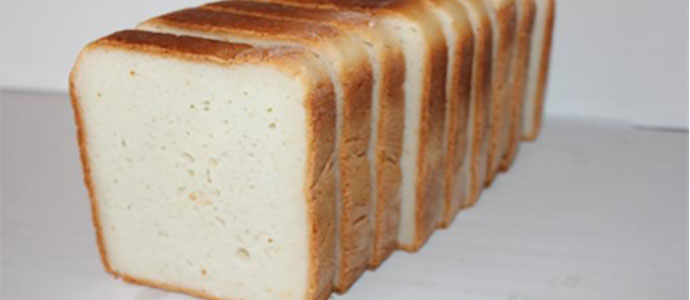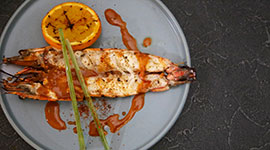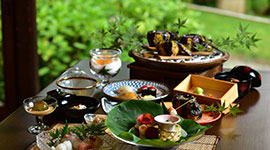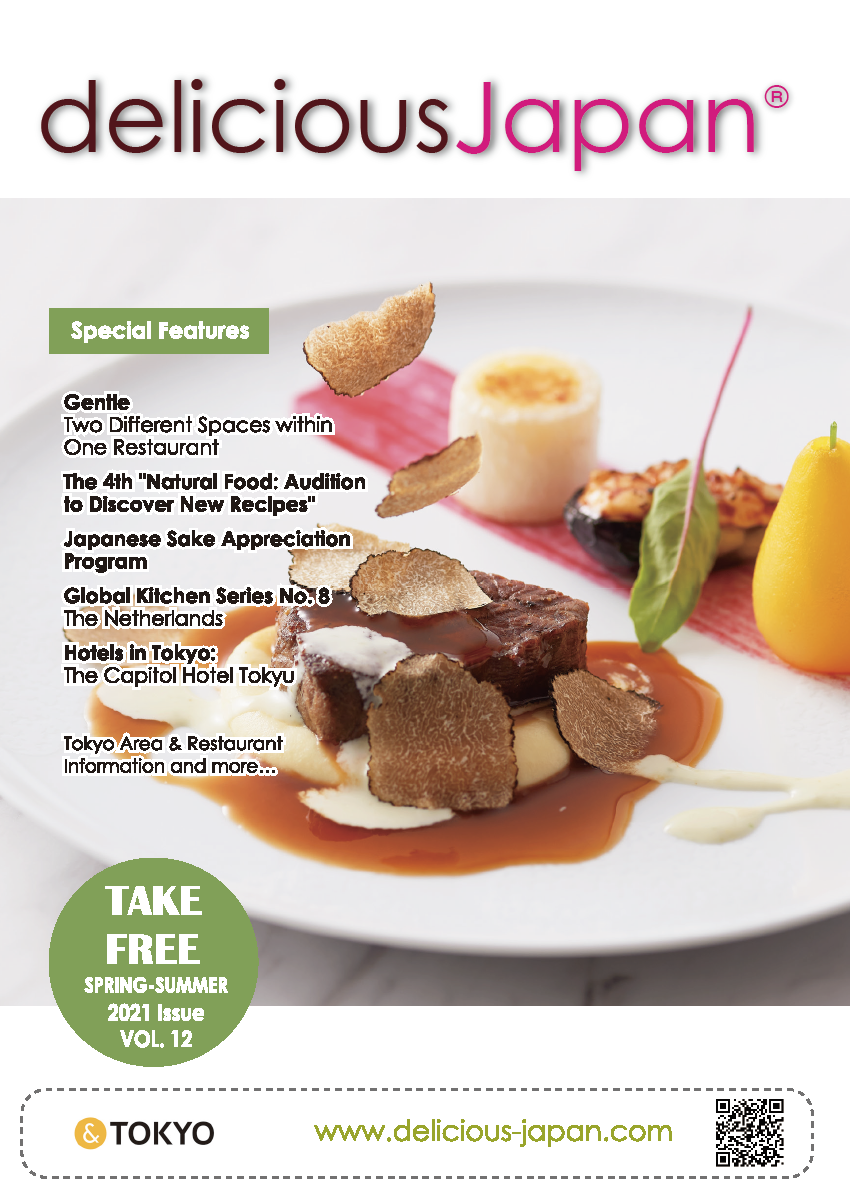
Interviewing Mr. Hidetsugu Muraki of Organic Foods Life
~ ~ The Japanese Gluten Free Market ~ Series No. 1
Mr. Hidetsugu Muraki This is an interview series with one of the pioneers of Japanese gluten free item developer and producer, Mr. Muraki. The establishment of his company, Organic Foods Life, dates back to 2003. With the motto of safety first and production with care, the company is now in its 14th year working on gluten free and organic products of different varieties.
Q: How was Organic Foods Life started?
Before Organic Foods Life, I started the very first “BIN HOUSE” (bin = glass jar) in Japan. I started a business dedicated to glass jars in a department store called PARCO. At the time, my shop obtained many media attention and coverage since it was a brand new idea. It led the so-called “concept store” era where shops sold items related to a single concept. We held glass jar exhibitions and created original jars. At the same time, we proposed ways of reusing empty glass jars and making money out of thrown away jars. At the time, the 900ml milk jar was very popular and gathered attention. It was the greatest hit in our 12~13 years of company history. We also had connections with the food industry since we handled glass jars. Around this time, I encountered a company called Niigata Seifun* and they became one of the reasons I started Organic Foods Life.
* Niigata Seifun is a model milling factory established in 1998, producing a new type of rice flour made with “micro milling technology” developed by Niigata prefecture. Their aim is to lead the world at putting rice flour to practical use. Rice flour can be an alternative to wheat for making bread, noodles, cakes and other foods. The company strives to raise self-sufficiency rate of Japan and ensure “food security” as a sharable asset for future Japanese children.
Q: What were some of the initial activities for gluten free products?
In the early days, we made bread containing 20% of gluten. We experienced many years of stagnant growth even though the bread tasted good. At the time, we were also working with companies like Glico and Sanyo Electric but had a hard time. Later, when Food Action Nippon led by the Ministry of Agriculture, Forestry and Fishery was established, efforts were put into public relations and there was a boom of rice flour. However, the cost of rice was high even if we used surplus rice and it was difficult to shape the bread. It is not easy to use rice flour. Rice flour bread is made with liquid dough so the size of the bread is small. In addition, the bread doesn’t look very beautiful and shape variation is limited. After a series of trial and error, we succeeded in making the bread by kneading the dough. Although the prices were high and gluten free product still had low awareness, our space in National Azabu Supermarket gradually expanded.
Q: What kind of products are distributed to National Azabu Supermarket? Could you tell us some of your major products?
One is gluten free bread. We ship it frozen. The bread loaf type has 10 slices (450g) and is free of contamination. It has a shelf life of 5 days at room temperature, 2 weeks if refrigerated, and 180 days if frozen. Frozen pizza and frozen donuts are also popular. Frozen pizza is rich in variety: vegetable, mozzarella, bacon, corn & tuna, and mock crab. Our bagels also get positive feedbacks. The main ingredients are rice flour, sorghum flour, organic sugar, soy bean powder, green banana flour, organic coconut oil, rice oil (halal), emulsifier (soy bean origin), guar gum, enzymes, and natural salt (Salar de Uyuni). More customers are looking for gluten free and vegan products so we are working on product development more actively. Currently, we are producing over 120 items.




